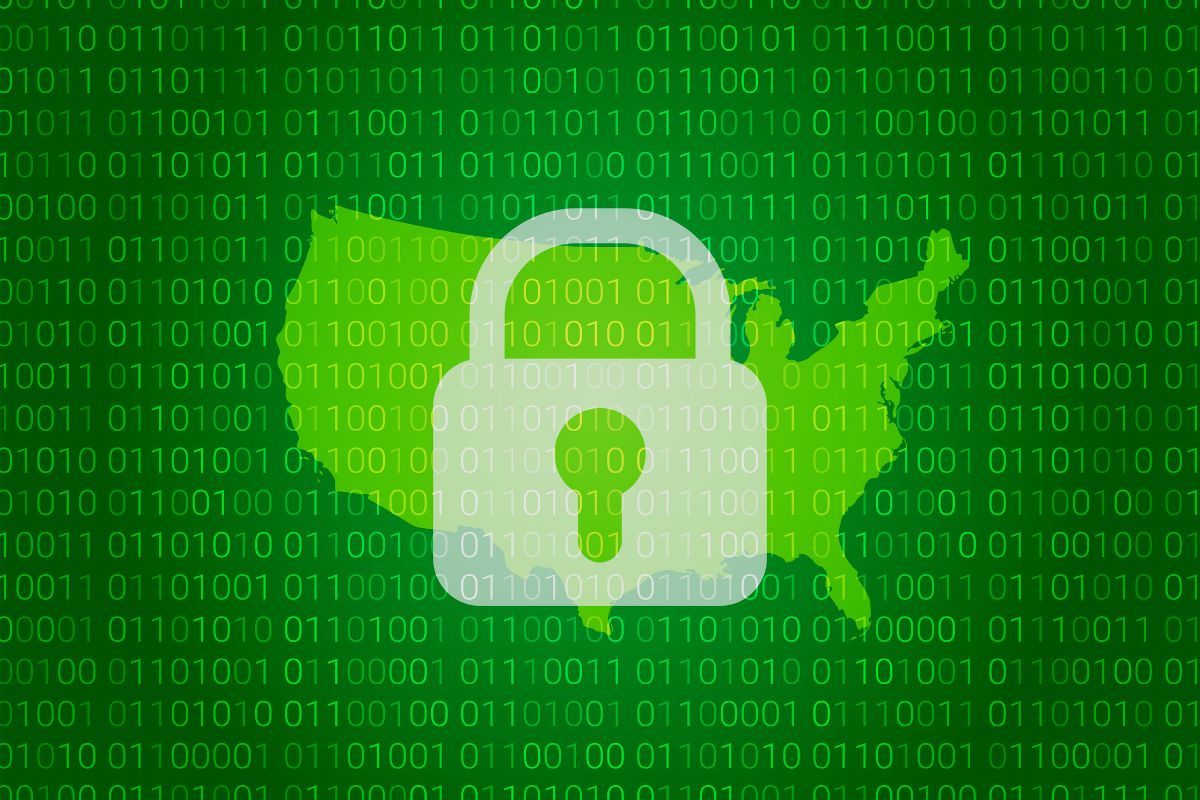Should the Crypto community support US data privacy?
- September 1, 2022
- Jennifer Moore

The progress in privacy standards within the crypto landscape does not hide the fact that actual, substantial privacy offered to consumers cannot fully rely on enhancing the access offered to cryptographic equipment. Penalization and punishment for violating privacy must exist from the federal end. This is something that the growing crypto community should understand and support, even at the cost of aligning with the federal State.
Privacy: A Global Concern
The United States has for a long time, failed to establish adequate regulations for consumer privacy. The lag has birthed an ecosystem where tech giants have been able to monetize sensitive user information through surveillance and generate billions of dollars in profits. The worldwide tech industry is like Thanos- wiping out the sense of privacy with a simple snap of the finger. The concern for privacy is what boosted the popularity of cryptocurrencies- digital assets which trim out the unnecessary middlemen.
Also Read: Crypto Regulations: The Need for a Compliance-Driven Crypto Broker Platform
The ADPPA Bill: A Step in the Right Direction?
The American Data Privacy and Protection Act is one of the most significant proposed bills in recent times. The bill is quickly advancing across the US legislature and will set a strong precedent limiting the acquisition of information that Big Tech conglomerates can collect through online means. Once enforced, the ADPPA Bill will be the most important law pertaining to the protection of civil rights and privacy across the internet.
Expert Opinions
Alan Butler, the President and Executive Director of Washington-based non-profit research organization EPIC stated:
“There are a number of minor issues that we still believe can be tweaked in the bill, but at the core, it would create strong privacy protections for all Americans and block some of the most harmful data collection practices with its strict data minimization requirements (especially for sensitive data categories)”.
More About the ADPPA Bill
The privacy protection bill was out in June. It is a step in the right direction on privacy and cybersecurity after undergoing multiple edits. Reports indicate the bill will probably receive bipartisan consensus. The only areas where the opposition voices their agreement or consensus comprise necessary military expenditure. There is however a slim probability of backtracking in the upcoming United States election cycle, according to the EPIC president.
The Bill’s Impact Across the Crypto Community
While EPIC and 50 other groups advocating for public interest and consumer civil rights petitioned the Speaker of the House of Representatives Nancy Pelosi and Congress to proceed with the bill, there has been zero support from the crypto community. The possible reasons behind these are likely to be either incognizance or apathy. However, joining forces for this ADPPA bill may showcase to the global audience that cryptos too can be an active contributor to the legislature, and possibly decipher newer ways to promote digital rights.
Wrapping Up
ADDPA will play an integral role in eliminating sensitive data(geolocation, health conditions, biometric parameters). Moreover, it monitors web behavior for targeted advertisements. It enacts data minimization by placing privacy as a default setting. Unlike Europe’s consent-based privacy laws, the ADDPA will facilitate a better user experience by avoiding unnecessary permission-seeking pop-ups. Moreover, a code-first policy can share a symbiotic relationship with legislative procedures. Cryptocurrencies favoring decentralization and prioritizing transaction anonymity set a precedent for privacy enhancement within the upcoming Web 3.0.
Categories
- AI (6)
- Altcoins (10)
- Banking (10)
- Bitcoin (132)
- Bitcoin ETF (11)
- Bitcoin Price (30)
- Blockchain (47)
- Brokering World Hunger Away (16)
- Business (7)
- CBDC (11)
- COVID-19 (3)
- Crypto ATMs (1)
- Crypto Banking (15)
- Crypto Bill (1)
- Crypto broker platform (26)
- Crypto Investment (3)
- Crypto Markets (3)
- Crypto Payment (26)
- Crypto Prices (1)
- Crypto Trading (88)
- Cryptocurrency (361)
- Cryptocurrency Exchange (94)
- Data Visualization (2)
- Decentralized Finance (7)
- DeFi Payment (9)
- DEX (3)
- Digital Currency (22)
- Ethereum (1)
- FAQ (6)
- Finance (24)
- Financial Equality (4)
- Financial Freedom (8)
- Forex (24)
- ICO (1)
- Investment (11)
- Mining (3)
- News (63)
- NFTs (2)
- P2P (1)
- PayBitoPro (600)
- PayBitoPro Coin Listing (6)
- PayBitoPro Exchange (2)
- Post COVID Digital Transformation (1)
- Press Release (130)
- Privacy & Security (3)
- Real Estate (1)
- Stablecoin (4)
- Technology (14)
- Uncategorized (2)
- US Presidential Election (2)
- Utility Coin (1)
- Web3 Wallets (1)
- White Label Crypto Broker Solution (1)
- White Label Crypto Exchange (6)





